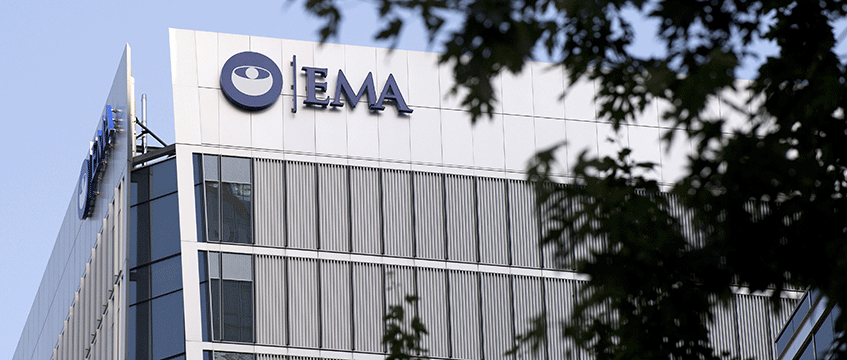A closely-watched property lawsuit about the consequences of the UK’s planned departure from the European Union is drawing to a close with a speed and efficiency quite unlike the process of Brexit itself.
The High Court is being asked to decide whether Brexit triggers the rarely used legal doctrine of “frustration” in the case of the European Medicines Agency and its £13m-a-year lease of premises at Canary Wharf. The lease runs until 2039 with no break clause.
If judge Mr Justice Marcus Smith decides that Brexit is a “frustrating event”, it would mean that the EMA could walk free of the lease of its premises at Churchill Place, E14.
The stakes are high for both parties.
Lawyers for the EMA contend that they are barred from subletting the premises, which means they could be tied to a property they have no use for.
Meanwhile, giving evidence this week, Canary Wharf Group’s chief executive and chairman Sir George Iacobescu said that, because of the financing arrangements of the building, if the lease is frustrated “immediately we lose £264m”.
More widely, the case could set a precedent for other tenants to make similar claims.
Canary Wharf has brought the case to court, seeking a declaration that Brexit does not amount to a frustration of the lease. The EMA is itself seeking a declaration that it does.
In general terms, the main battleground between the parties is whether Brexit was ‘foreseeable’ when the parties entered into their agreement.
In legal terms “the debate is about the application of the test for frustration,” Canary Wharf’s barrister Joanne Wicks QC said in submissions today.
She is scheduled to finish her submissions later today, followed by EMA barrister Jonathan Seitler QC‘s concluding arguments.
The judge is expected to give his ruling before the United Kingdom leaves the European Union.








